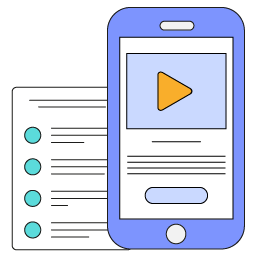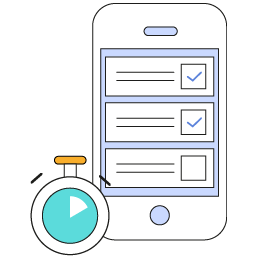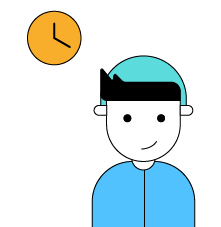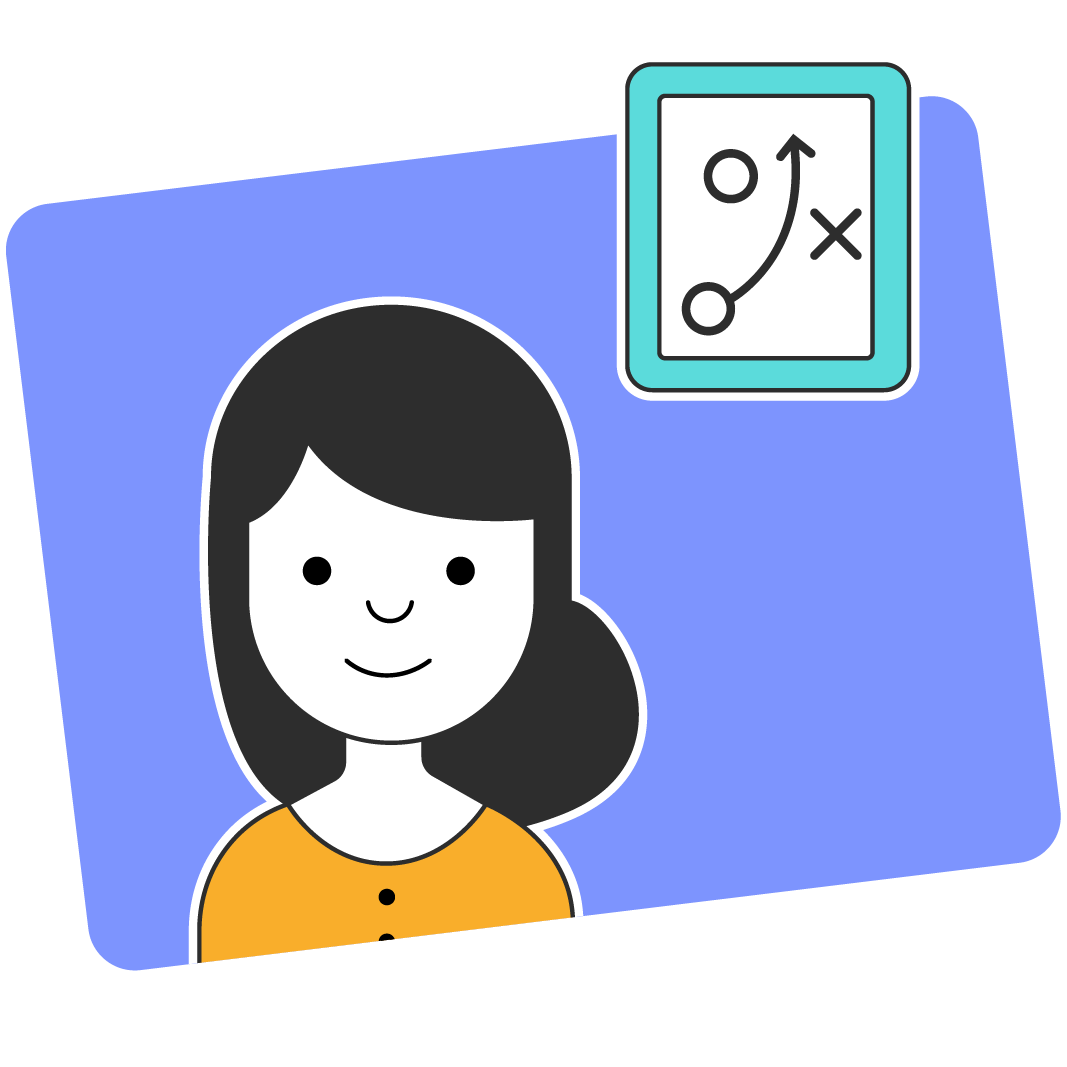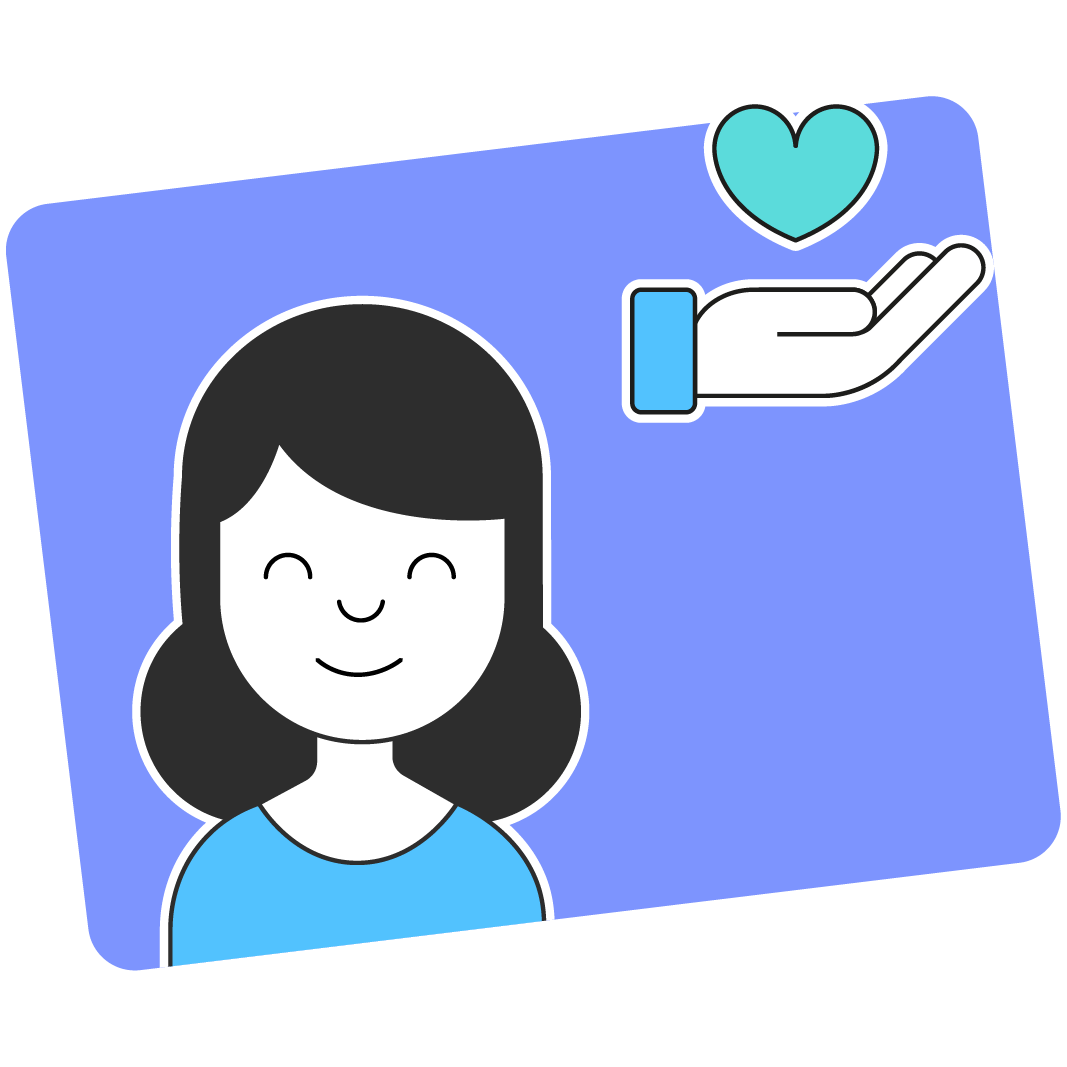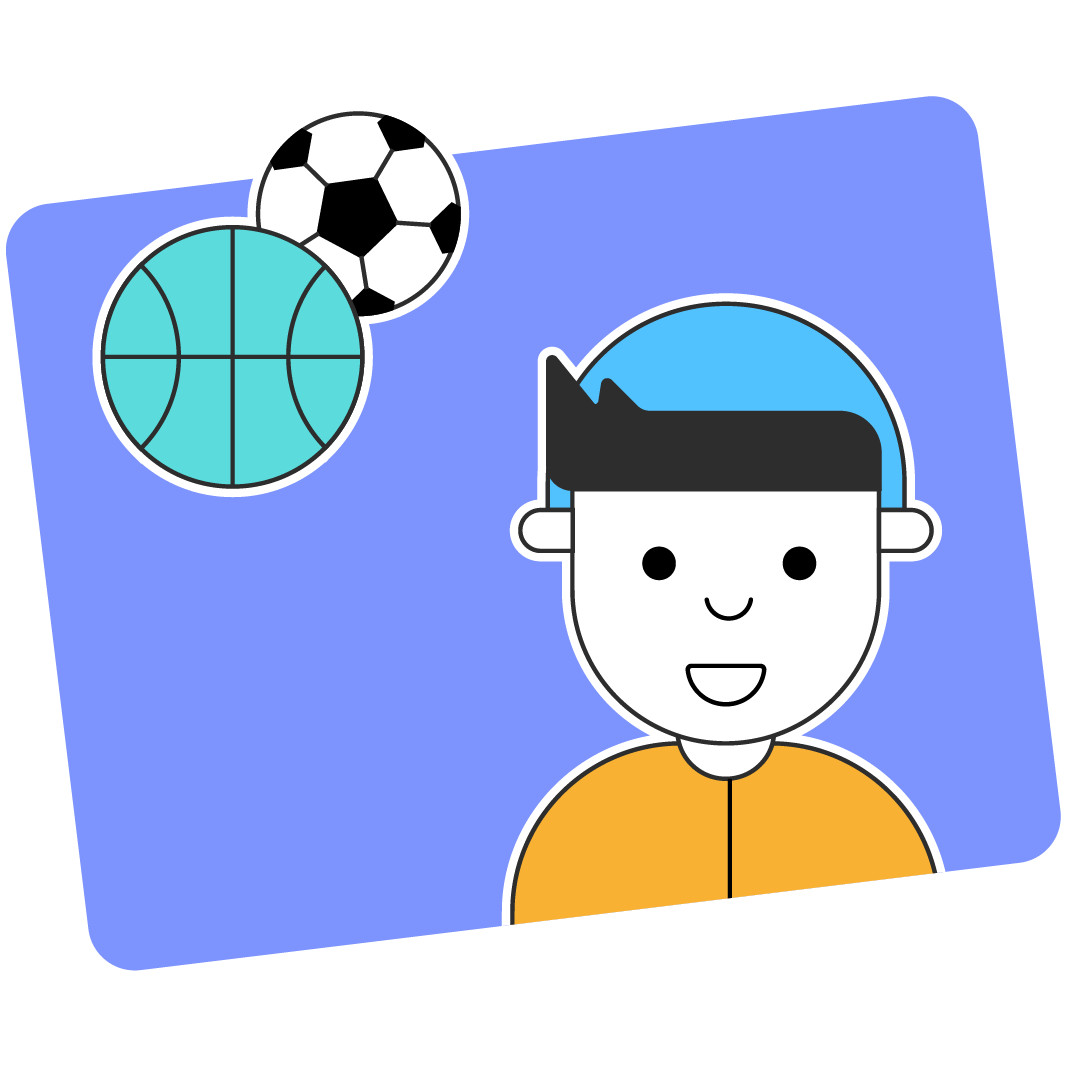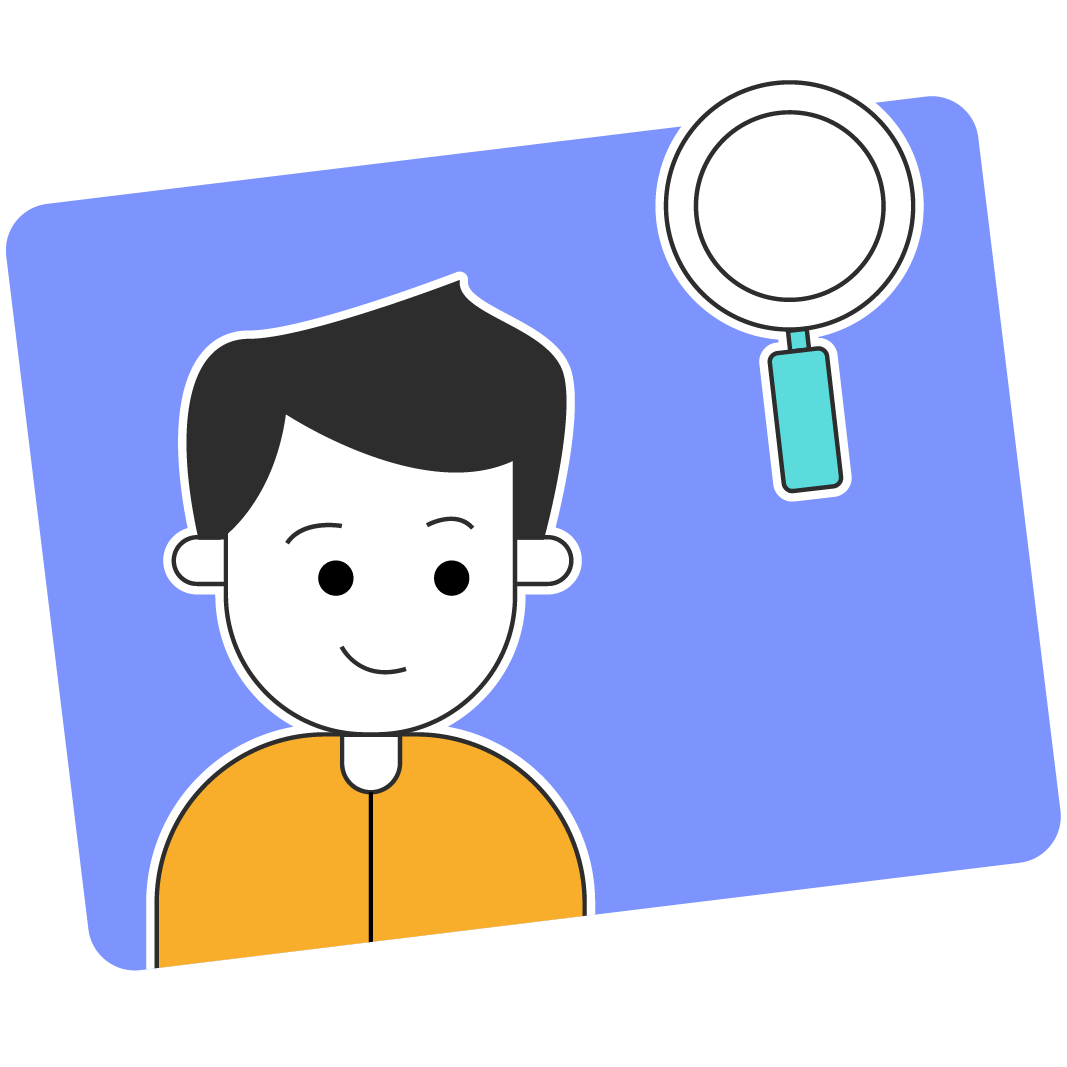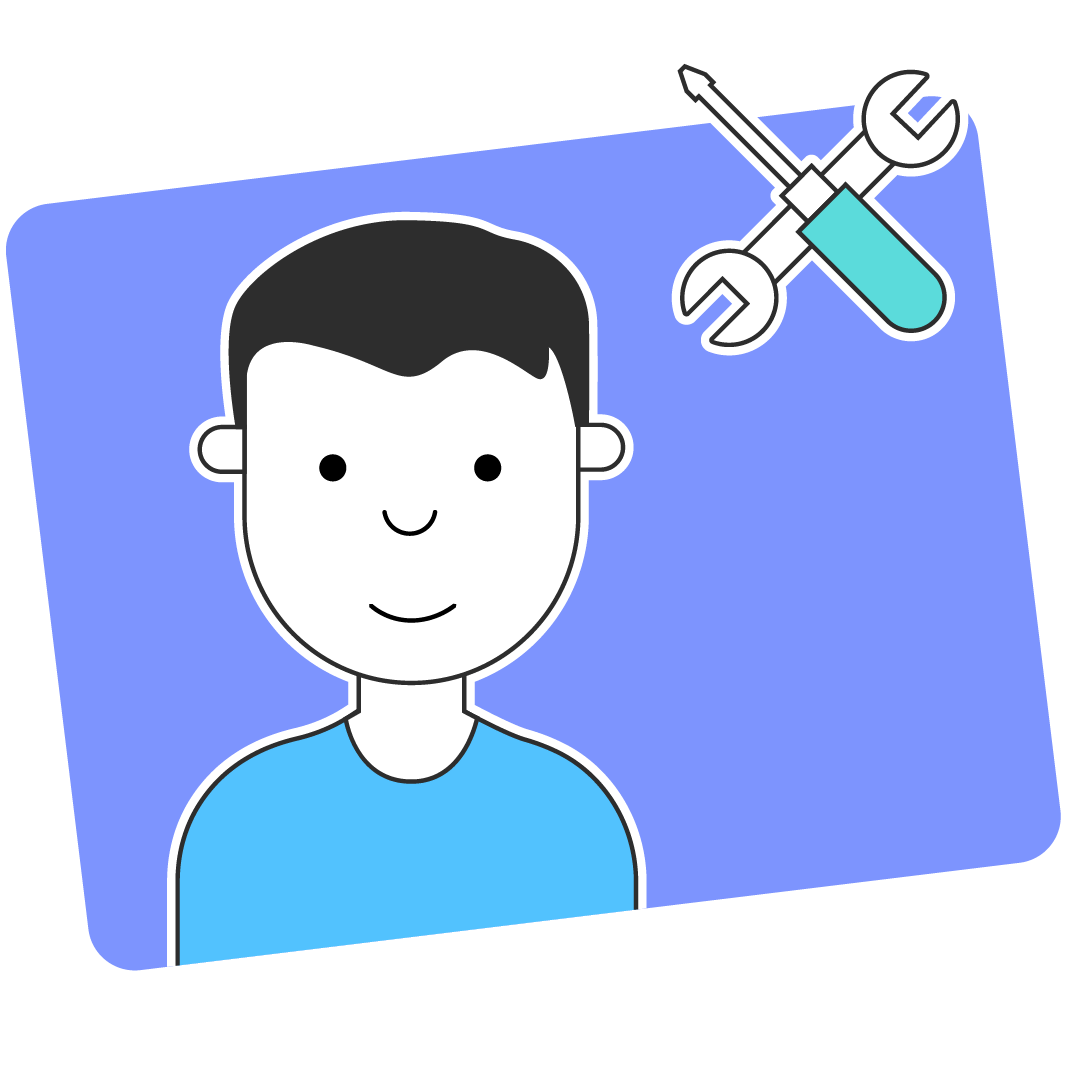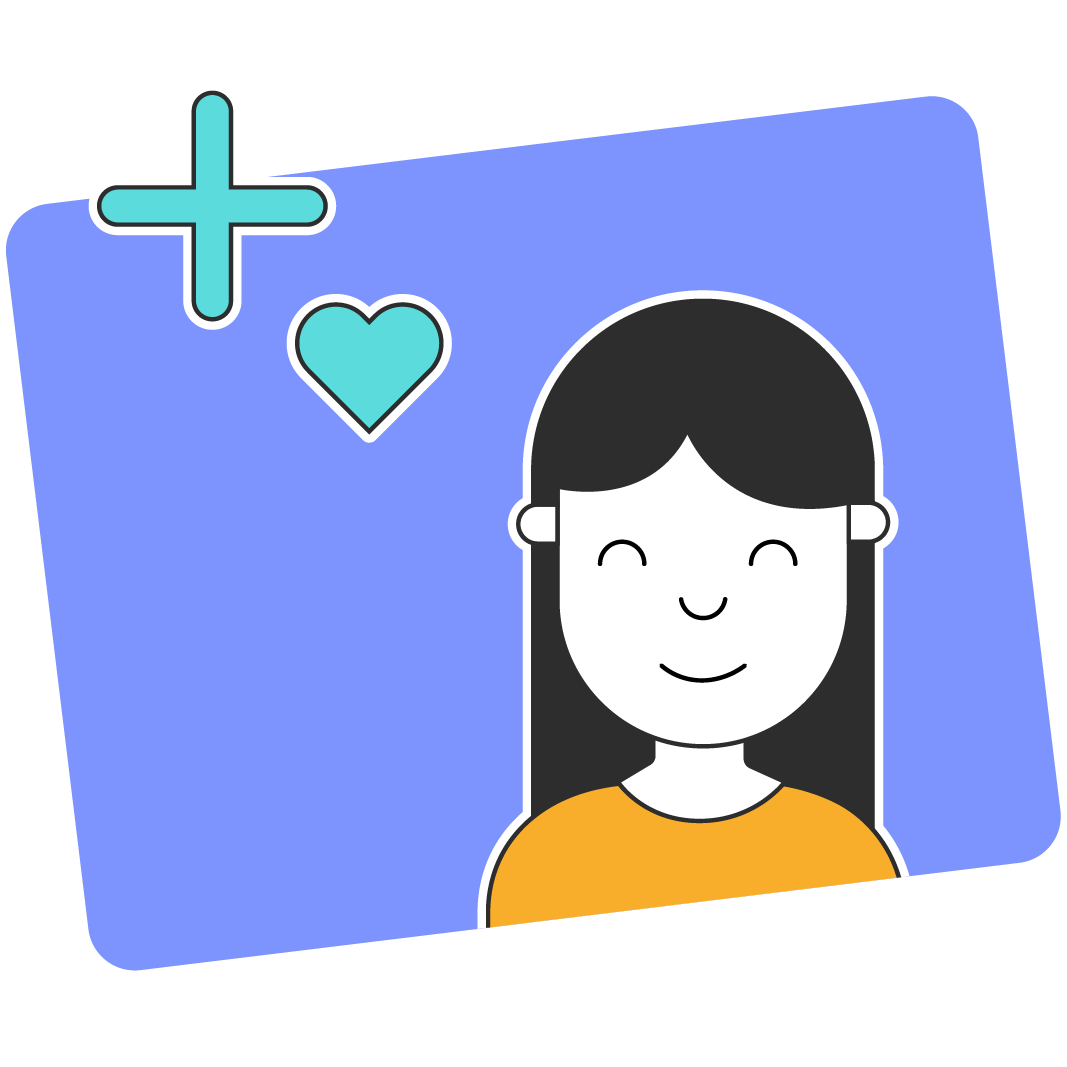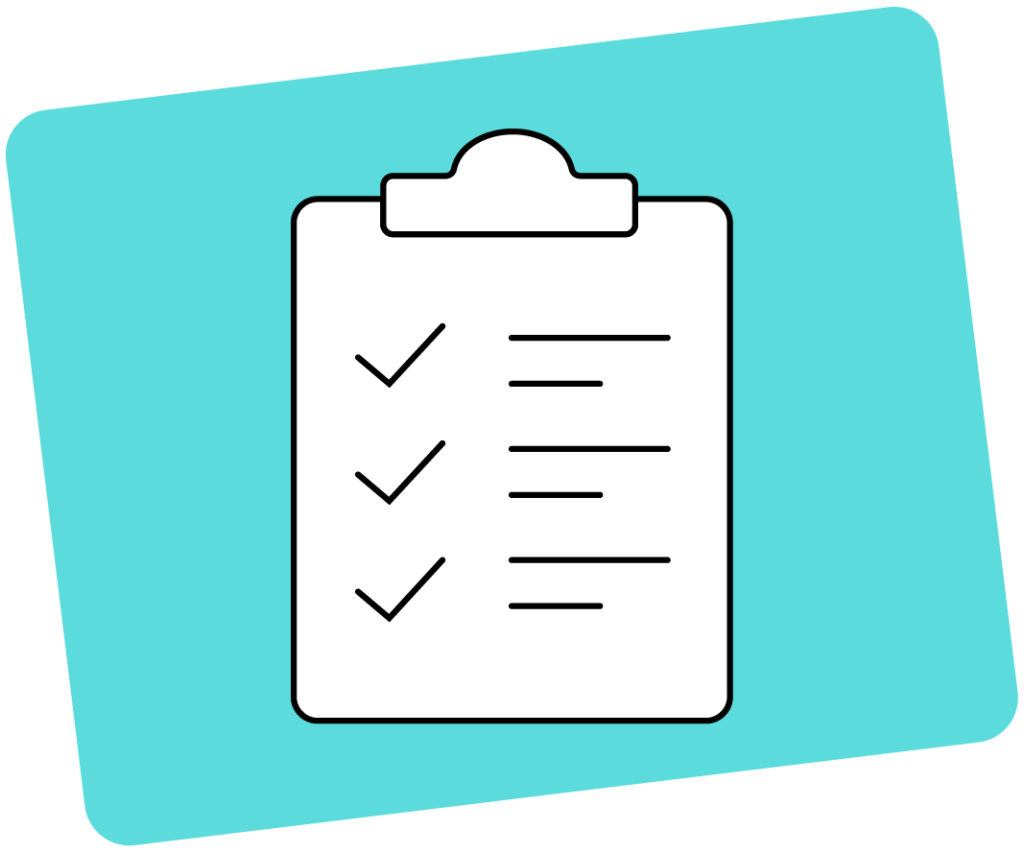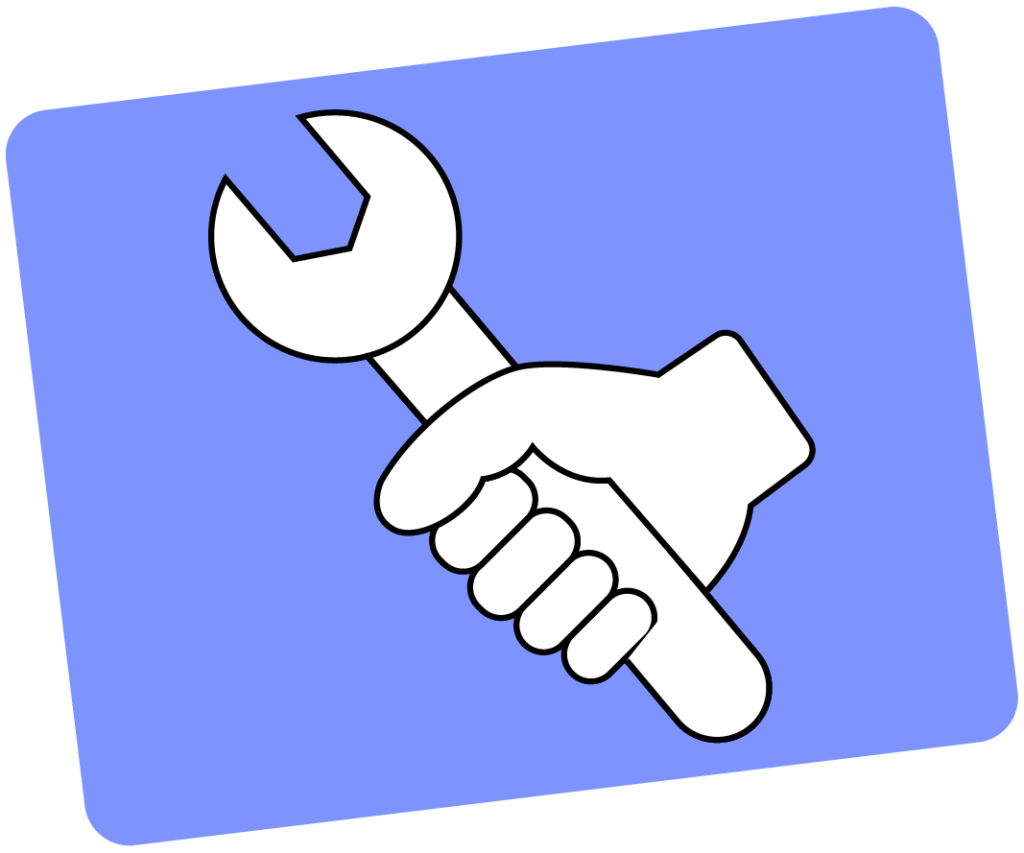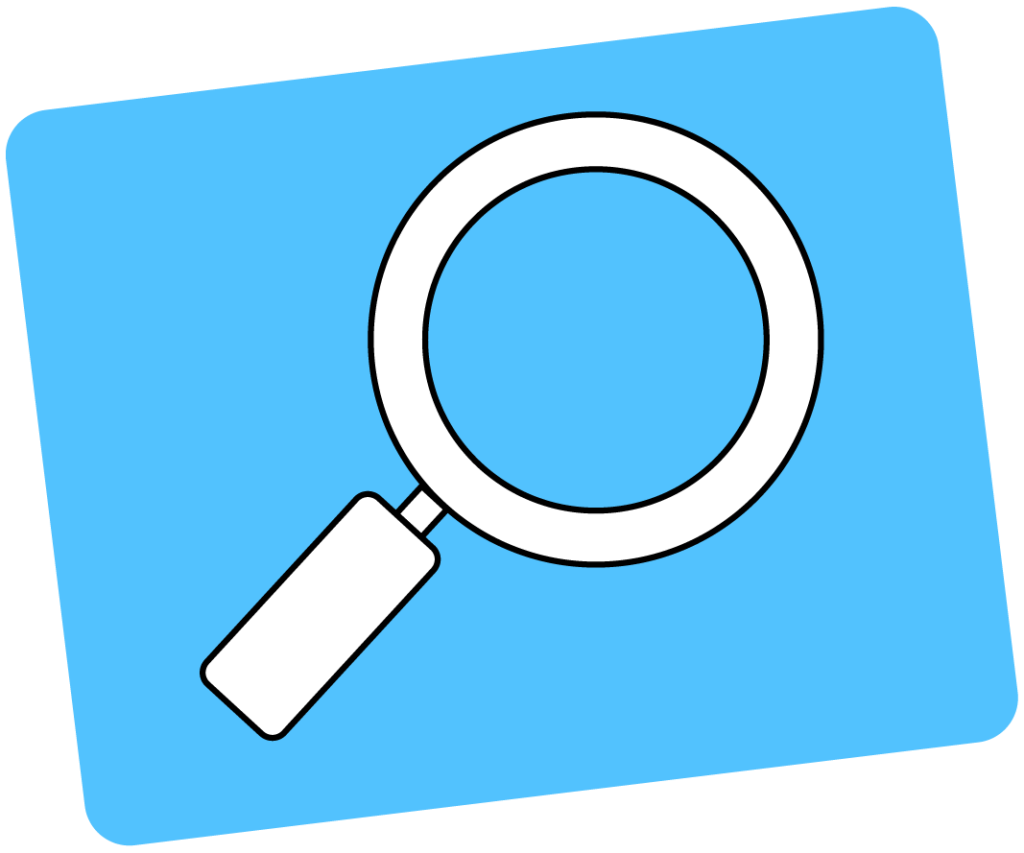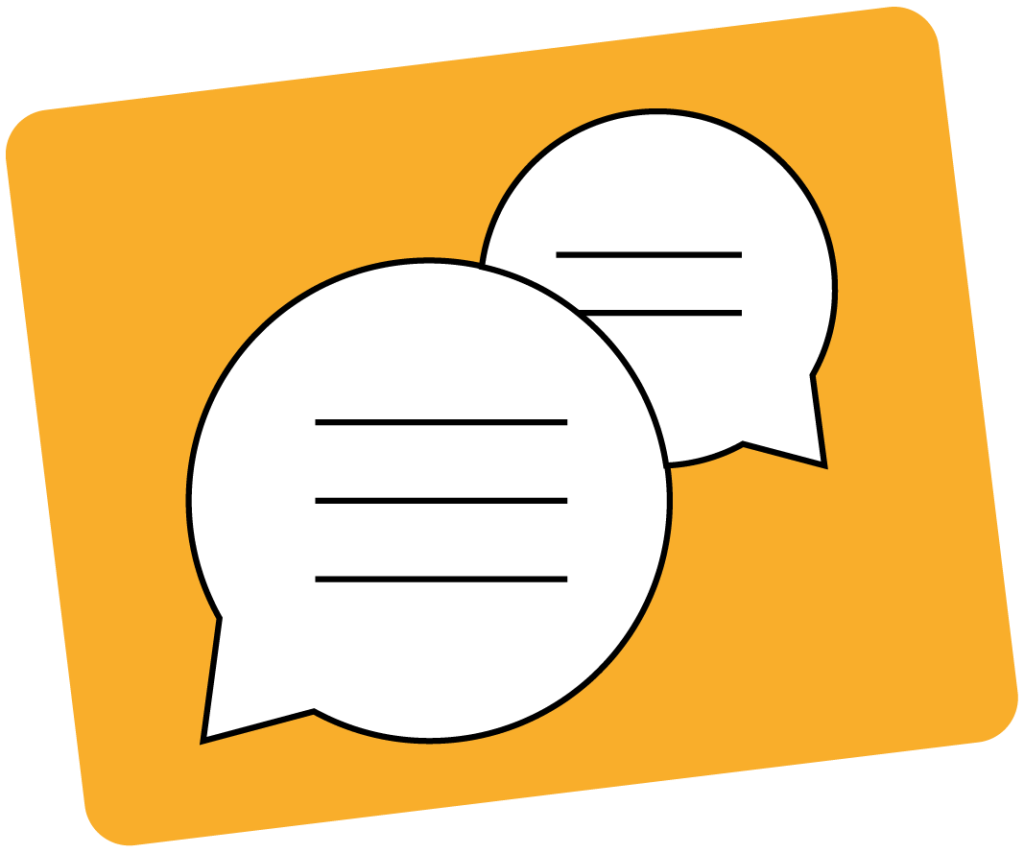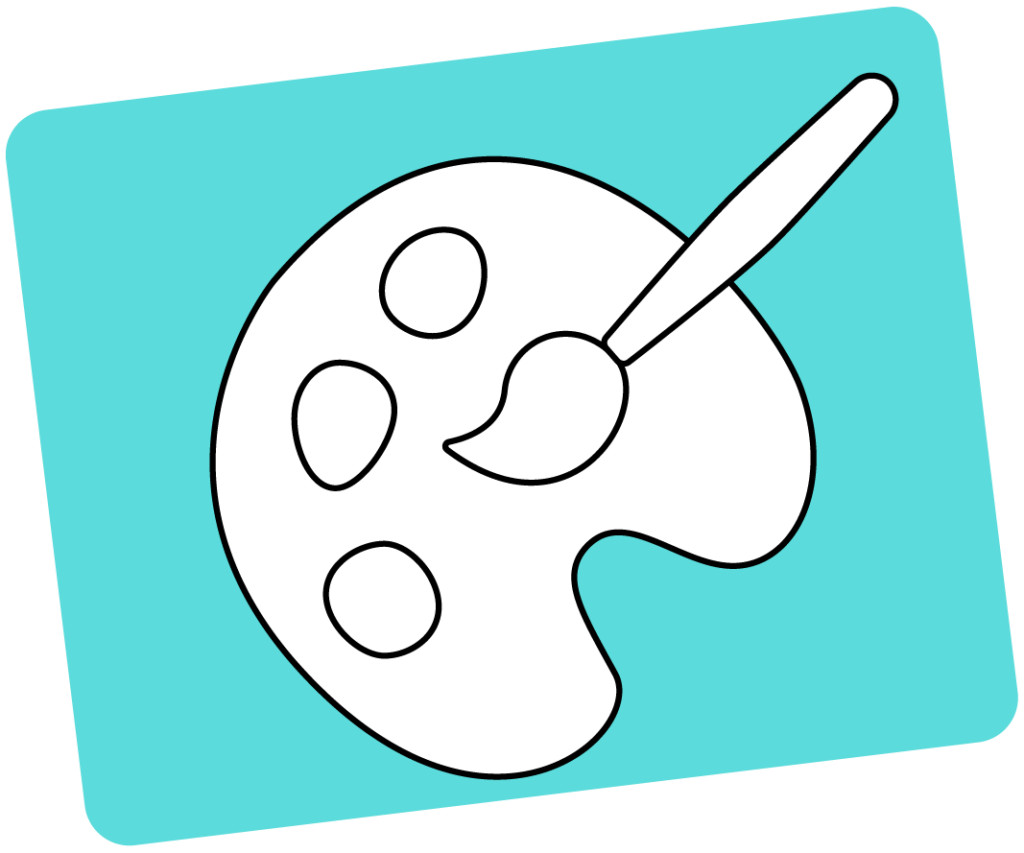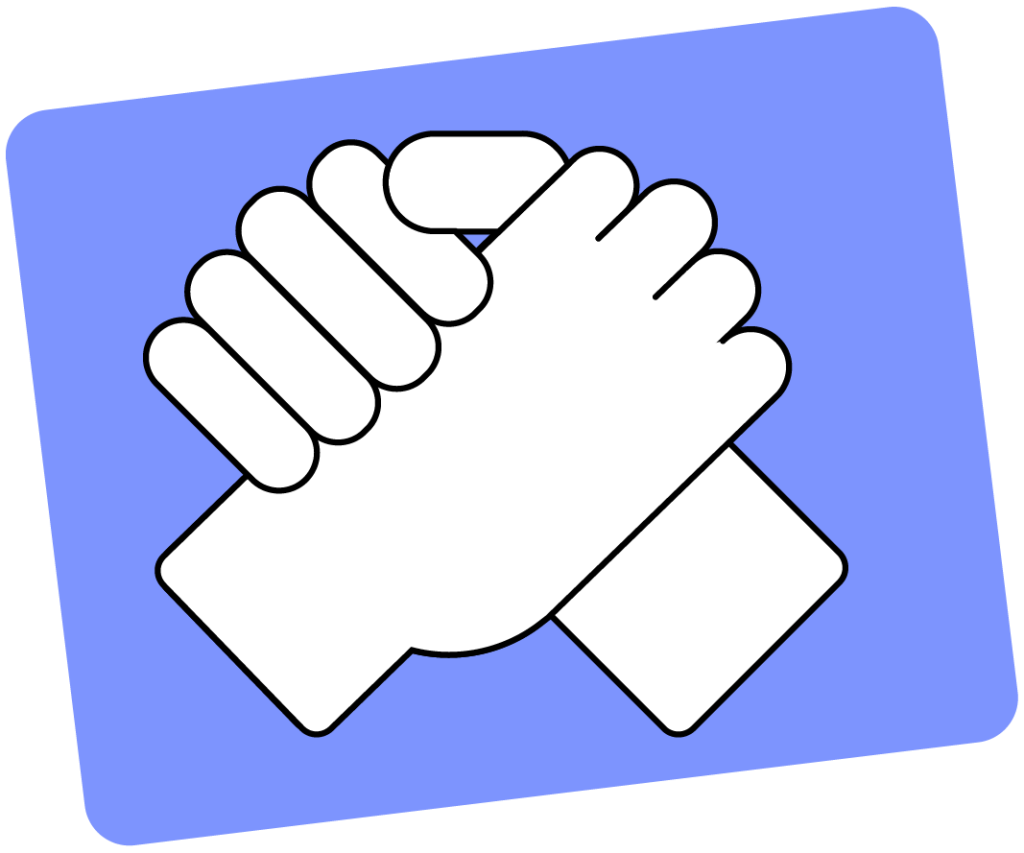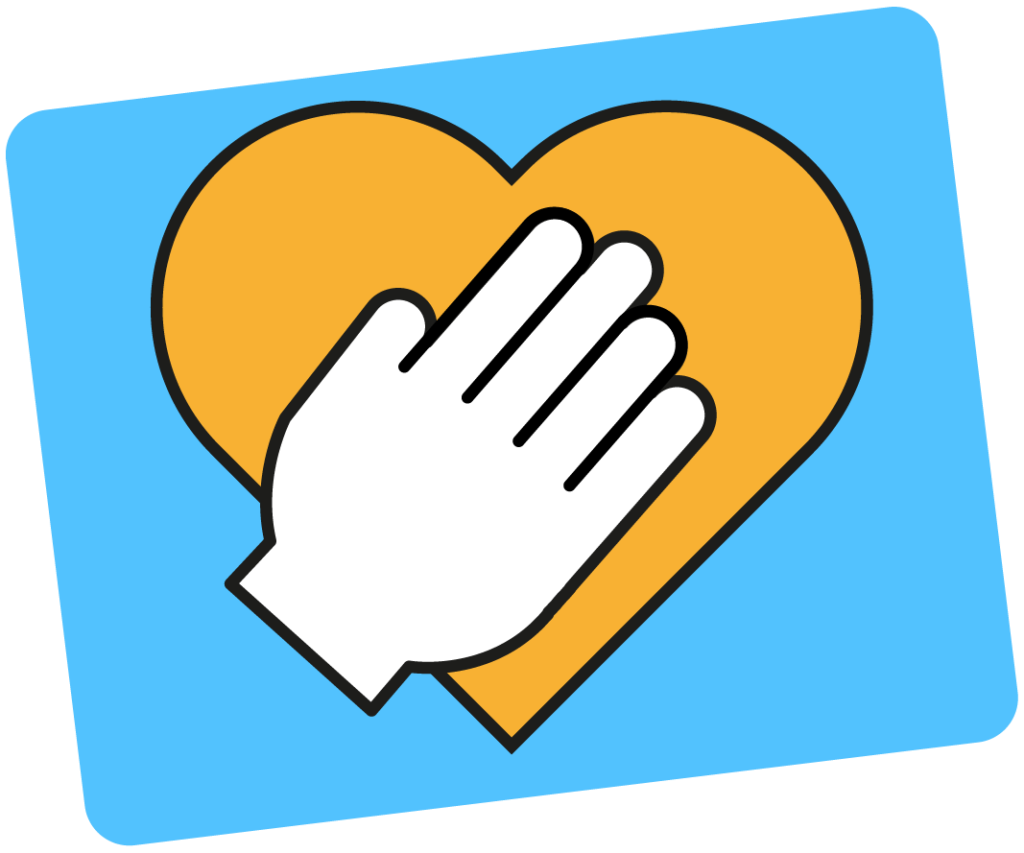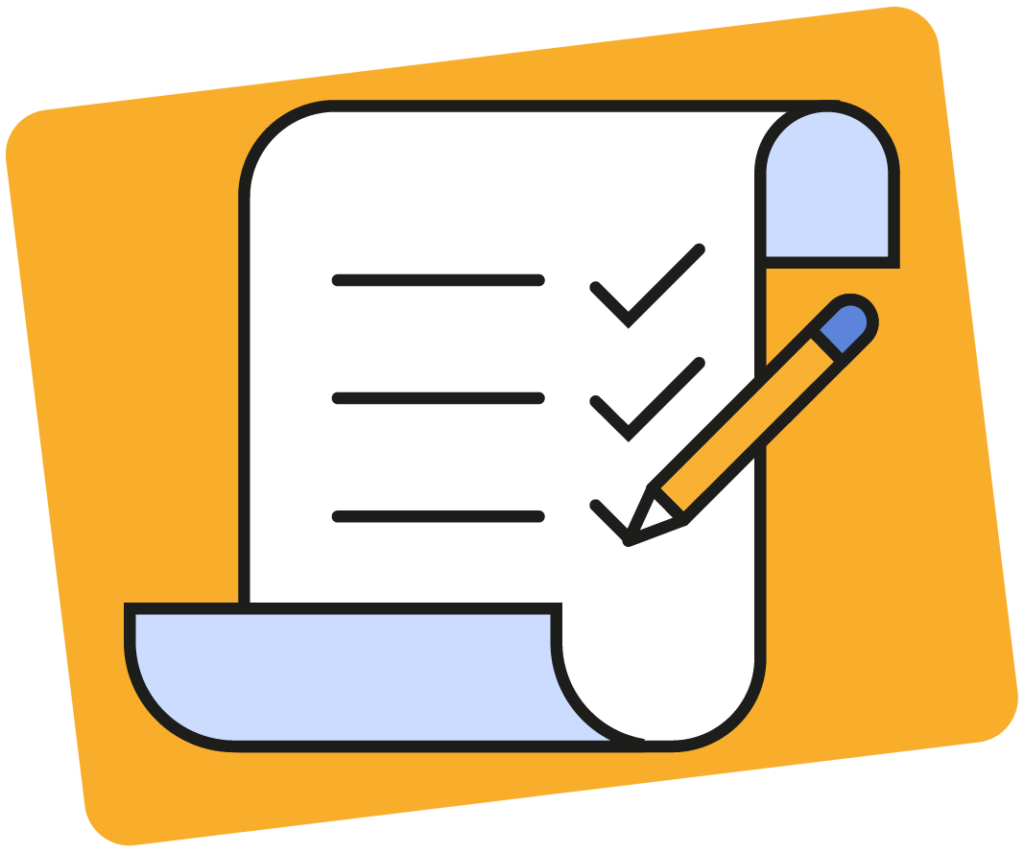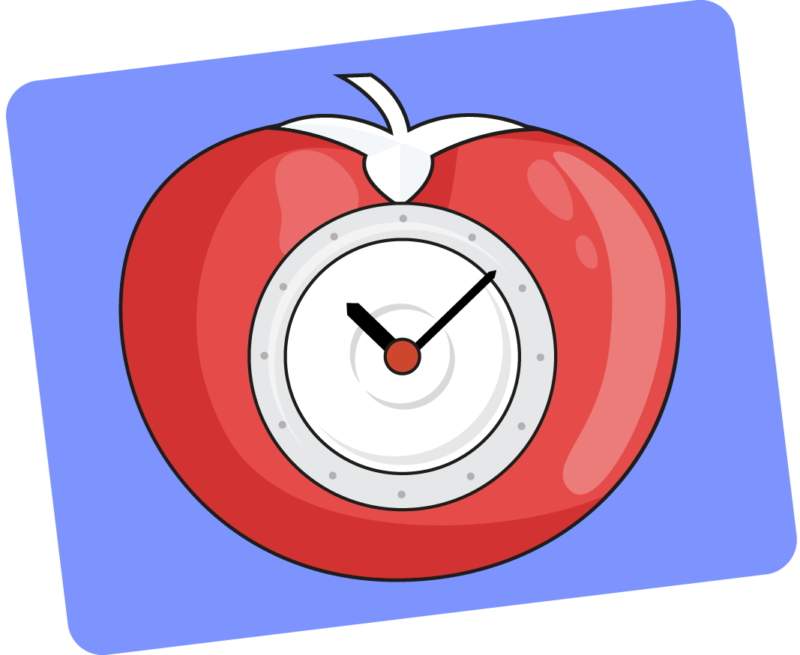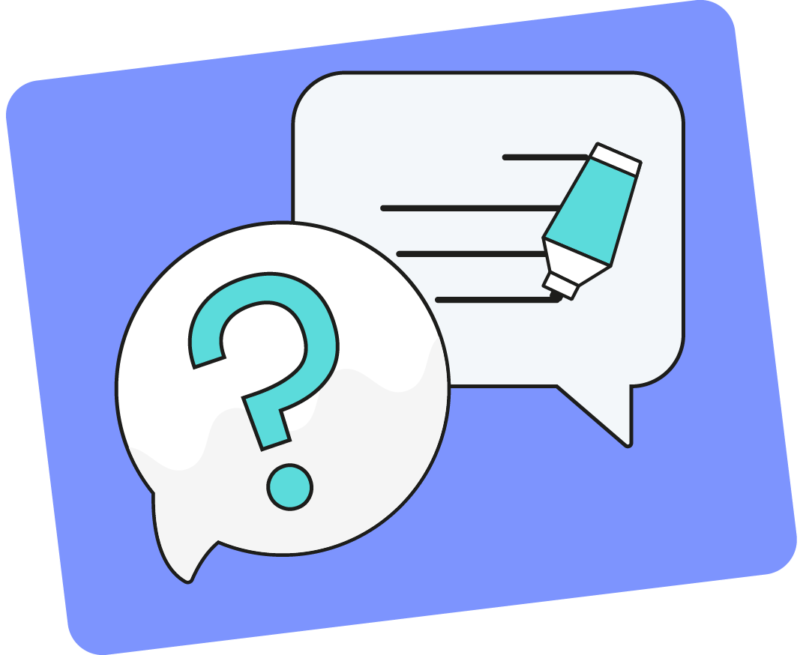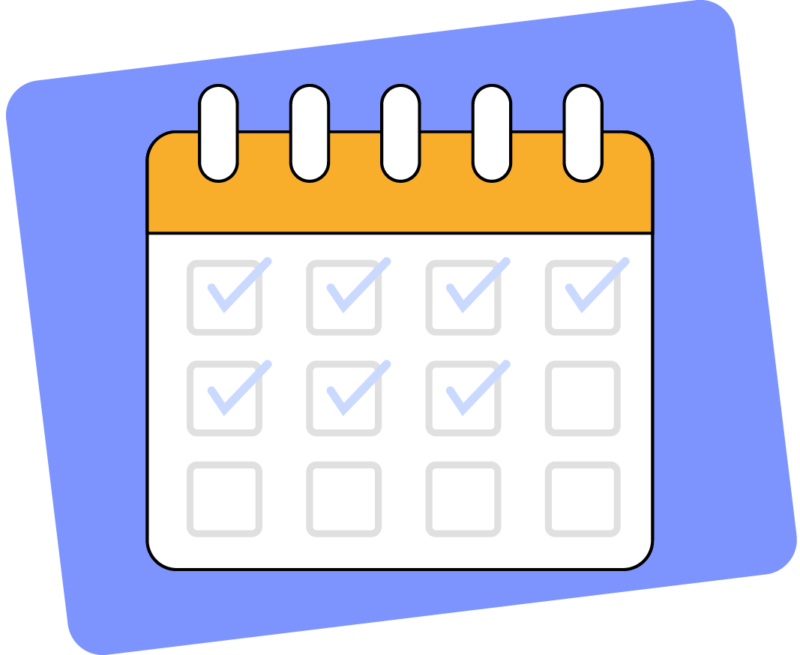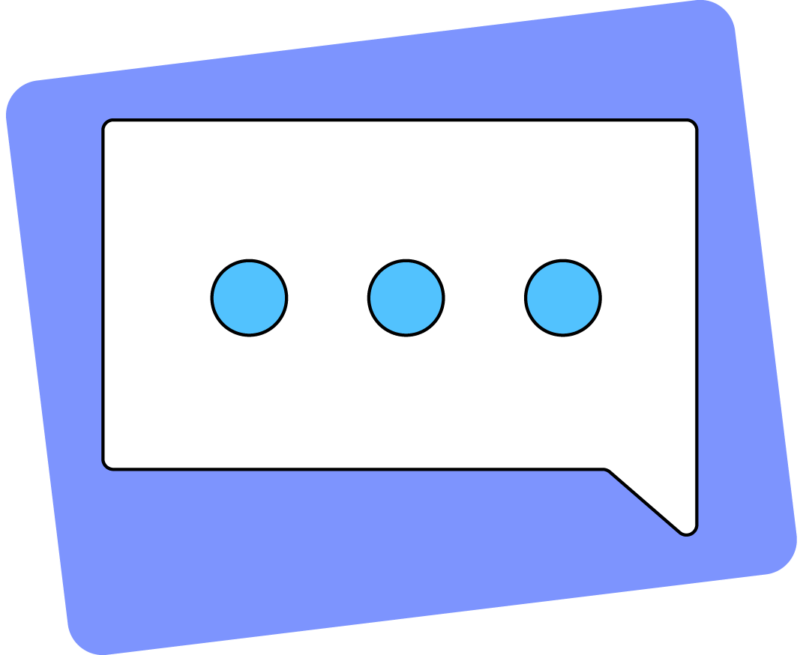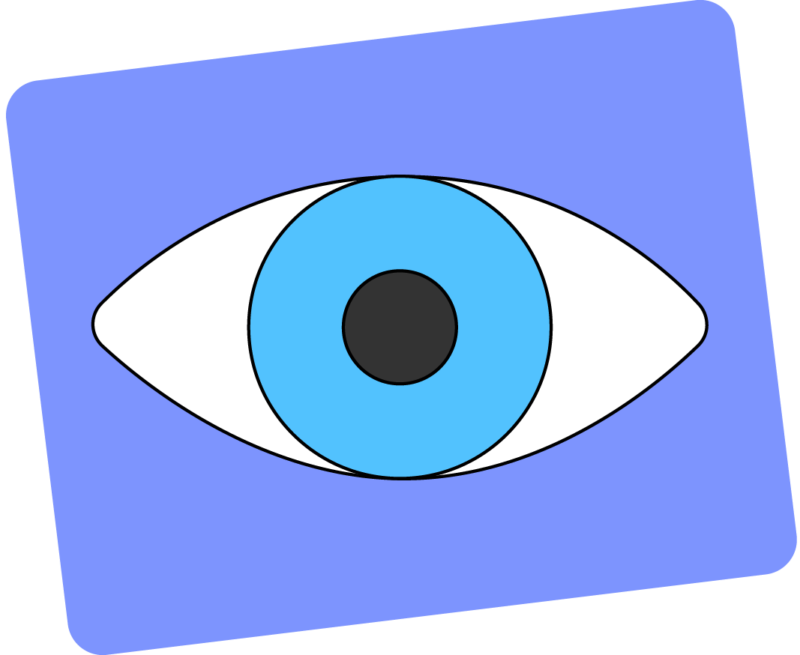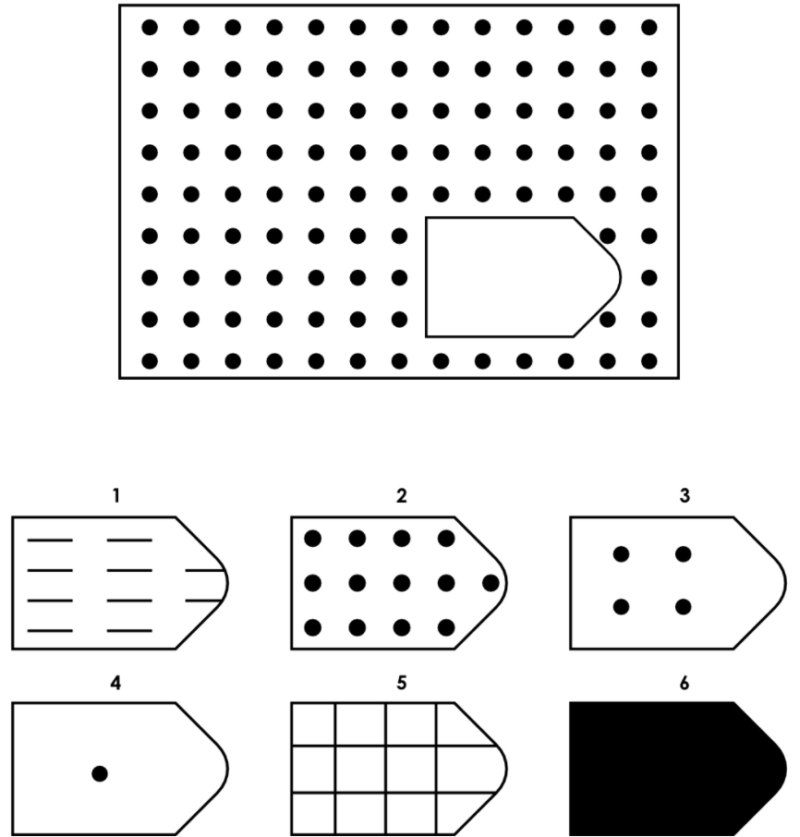When searching for information about university careers, we often encounter terms that can confuse us. For instance, some universities or institutions offer programs by degree and title, while others only mention one of these concepts. So, what’s the difference? In this article, we’ll dive deep into the differences between degree and title, as well as the types of degrees that exist, so you can make informed decisions about your academic and professional future.
Below, we’ll explain everything you need to know about degree and title. This way, you’ll gain a clearer understanding of these concepts and apply them to your career planning process.
What Does an Academic Degree Mean?
An academic degree represents the level of professional preparation you achieve through your education. In other words, it reflects the knowledge and specialization you gain during your university studies. Therefore, degrees are categorized based on the depth and focus of the education received. However, it’s worth noting that Professional Institutes and Technical Training Centers do not award academic degrees; instead, they focus on other types of certifications.
Moreover, academic degrees are organized on a scale from general to specific. In this regard, there are three main categories: undergraduate, graduate, and postgraduate. Next, we’ll break down each one.
Undergraduate Degrees: First Steps Toward Degree and Title
Undergraduate programs mark the initial level of higher or technical education. Although they aren’t always considered a full degree and title in the university sense, they provide an essential foundation. Let’s explore their types:
- Technical: Similar to a diploma but with a practical focus. Upon completion, you’re certified as a technician in a specific field. Additionally, this level allows you to pursue a higher degree if you choose.
- Diploma: A short program targeting specific topics. For example, it’s ideal for complementing or deepening knowledge in an area you already understand.
Graduate Degrees: The Core of University Education
Now, we move to graduate degrees, which universities award. These are some examples:
- Baccalaureate: In countries like Argentina or Ecuador, the baccalaureate refers to secondary education before university. However, in many other regions, it’s the first degree and title at the university level, achieved after two or three years. Afterward, you can progress to a bachelor’s degree.
- Bachelor’s Degree: This is the next level of degree and title in university education. It typically requires 4 to 6 years of study, depending on the program. In some cases, a prior baccalaureate is needed; in others, it’s included from the start.
Postgraduate Studies: Specialization Beyond Degree and Title
Postgraduate programs are the highest level and can only be pursued after earning a bachelor’s degree. Thus, they represent an advanced stage in the journey of degree and title. They include:
- Doctorate: The highest academic degree. It demands years of research and a public thesis defense. Typically, it’s chosen by those aiming for teaching or research careers.
- Master’s Degree: A deep specialization in a specific area of your field.
- Specialty: Similar to a master’s but shorter and more practical. Although it doesn’t always grant a postgraduate title, it trains you in a specific area.
What Is a Professional Title?
On the other hand, a professional title is the official recognition of your training after completing studies, exams, and required steps. Simply put, it’s the name of your profession. For example, if you complete a degree in Agricultural Engineering, your title will be Agricultural Engineer.
Unlike degrees, professional titles can be awarded by both universities and Professional Institutes. However, only universities grant bachelor’s degrees and academic credentials. Additionally, not all university programs lead directly to a professional title. In some cases, you must validate your skills with external institutions to obtain it and practice.
For instance, in Law, the degree and title don’t always align. While you may earn a Bachelor’s in Law, the title of Lawyer is granted by the Supreme Court after a 6-month internship at a Judicial Assistance Corporation.
Key Differences Between Degree and Title
Now that we’ve covered both concepts, let’s summarize the main differences. While an academic degree indicates the level of education achieved (e.g., bachelor, licentiate, or doctor), a professional title is the certification that allows you to practice a specific profession. Consequently, the degree is more general and academic, whereas the title has a practical, career-oriented focus.
Furthermore, not all institutions provide both. Universities typically offer degree and title, but technical institutes focus on titles or certifications. On the other hand, some countries require additional steps to earn a title, even after completing a degree.
How Do Degree and Title Impact Your Career?
In summary, when pursuing a university career, you’ll always obtain an academic degree. However, whether you receive a professional title depends on the institution and your country’s legal requirements. For this reason, it’s crucial to research how this system works in your region before choosing a career.
For example, each country regulates titles independently. While some places award degree and title simultaneously upon graduation, others demand extra steps. This can affect your study plans and the time it takes to start working in your field.
Find Your Path with Clarity
Understanding the difference between degree and title is essential for planning your academic and professional future. Therefore, we recommend analyzing your options and considering the type of training you need based on your goals. If you’re still unsure, take our free vocational and career orientation tests by downloading our app. It’s the first step to discovering your path!











